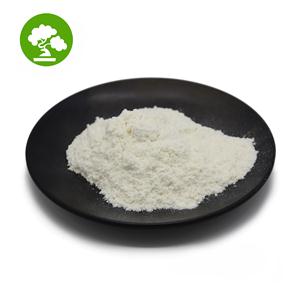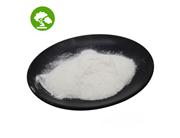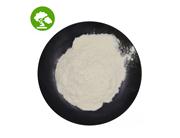Entecavir is a new generation of guanine nucleoside analogues for the treatment of hepatitis B virus infection. It is mainly used for the treatment of chronic hepatitis B in adults with active viral replication, continuous increase of serum aminotransferase, or active liver histology. It is currently the fastest and strongest nucleoside analogues with the lowest rate of mutation. The data show that different chronic hepatitis B patients, including those with initial nucleoside treatment, nucleoside treatment and cirrhosis, can quickly control their disease by using entecavir tablets and easily reach the realistic end point of treatment, that is, hepatitis B virus is undetectable; Through persistent treatment, a considerable number of patients can reach the satisfactory end point of treatment, that is, the serological conversion of e antigen, and some patients can even reach the ideal end point of treatment, that is, the surface antigen negative.
Side effect
In the treatment of hepatitis B, Entecavir, as a first-line antiviral drug, has a positive effect on the antiviral treatment of hepatitis B, and has a significant therapeutic effect on chronic adult hepatitis B patients with active virus replication, continuous elevation of serum aminotransferase ALT, or active liver histology. However, the clinical use of Entecavir has been hampered by its side effects. The most common side effects of entecavir are: elevated ALT, fatigue, vertigo, nausea, abdominal pain, abdominal discomfort, epigastric discomfort, liver discomfort, muscle congestion, insomnia, rubella, and dyspepsia, as well as mild neutrophil decline. Most of these adverse reactions were mild to moderate. In the lamivudine control trial, the incidence of adverse events was comparable to lamivudine. According to the study also found that as the same type of antiviral drugs, Entecavir and the first generation of antiviral drugs have similar side effects, such as acidosis, liver enlargement, liver steatosis, etc., there will be rebound phenomenon after stopping the drug. In these studies, patients taking Entecavir experienced ALT increases to 10 times the upper limit of normal and 2 times the baseline value during treatment, and ALT returned to normal, usually if continued for some time. This was preceded or accompanied by a decrease in viral load by 2 pairs. Therefore, during the period of medication, it is necessary to regularly test liver function. Among the side effects of entecavir, the most difficult for patients to accept is drug resistance, which will increase the difficulty of treatment, the time of medication will increase, the psychological pressure and economic pressure of patients will increase, and stopping the drug midway may cause the disease to rebound. Although Entecavir is a drug with strong viral inhibition and the lowest drug-resistance mutation rate (less than 1% in the first 4 years of treatment) among existing nucleoside analogues, the price is also the most expensive, and it is more suitable for long-term treatment with economic conditions. Because of the more side effects of entecavir, hepatitis B patients should take Entecavir under the guidance of a specialist, and report to the doctor in time once there is no adaptation, and adjust the treatment plan in time if necessary. Treatment with entecavir does not reduce the risk of sexual contact or blood-borne transmission of hepatitis B virus. Therefore, appropriate protective measures need to be taken.
Storage Condition | Keep in a cool and dry place |
Transportation | By Sea or by Air(DHL/UPS/TNT/FEDEX/EMS) |
Delivery Time | 7-28 days |
Payment | T/T, Western Union or Bitcoin |


 China
China

















